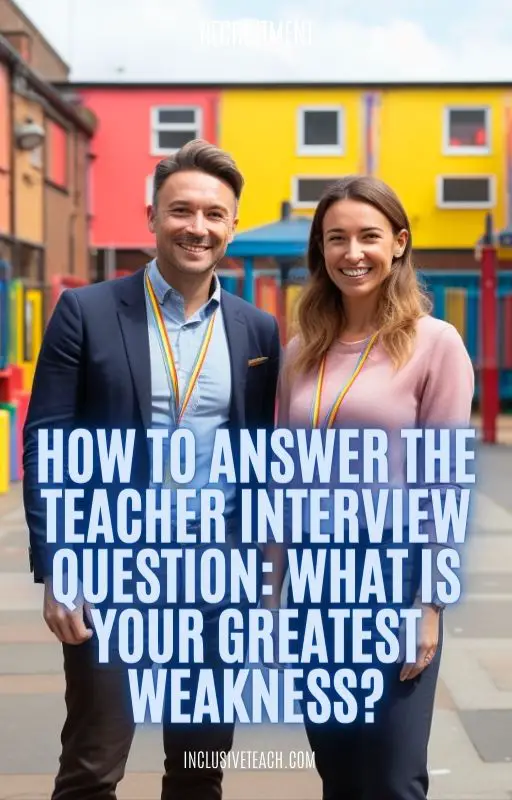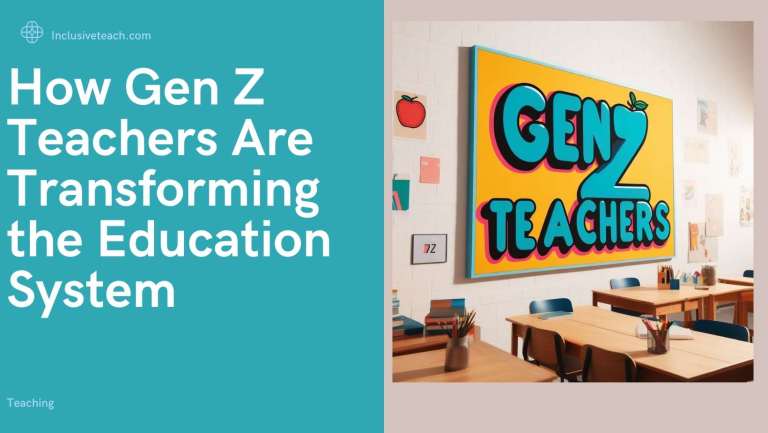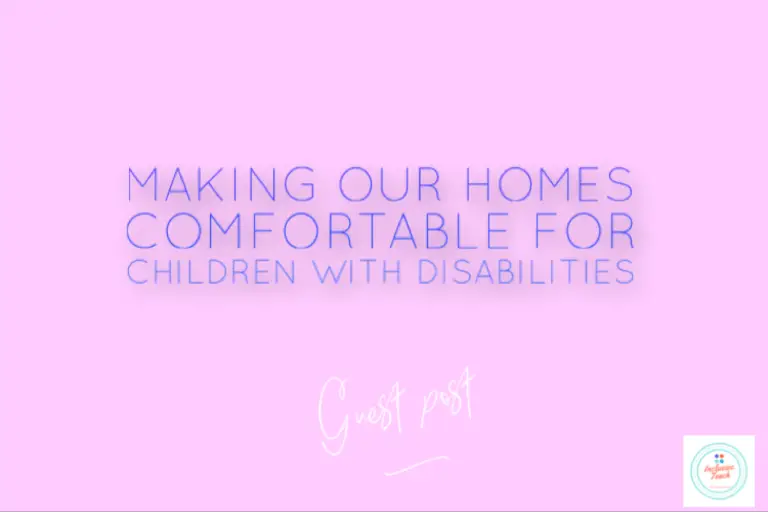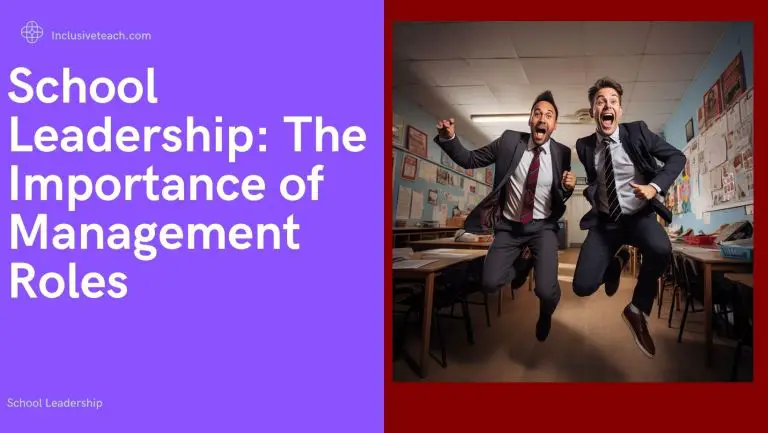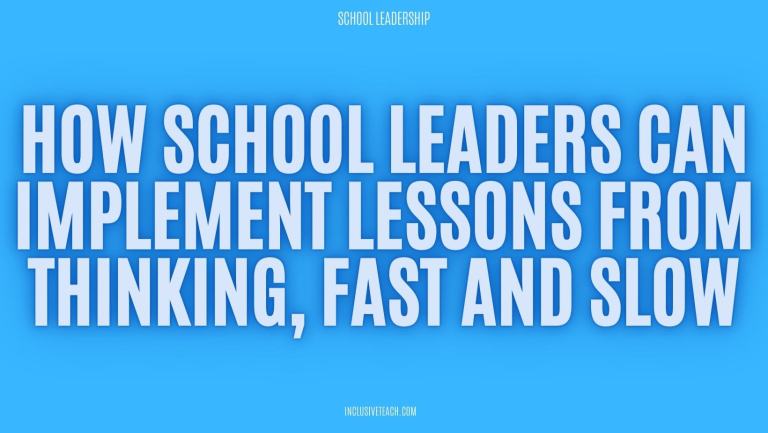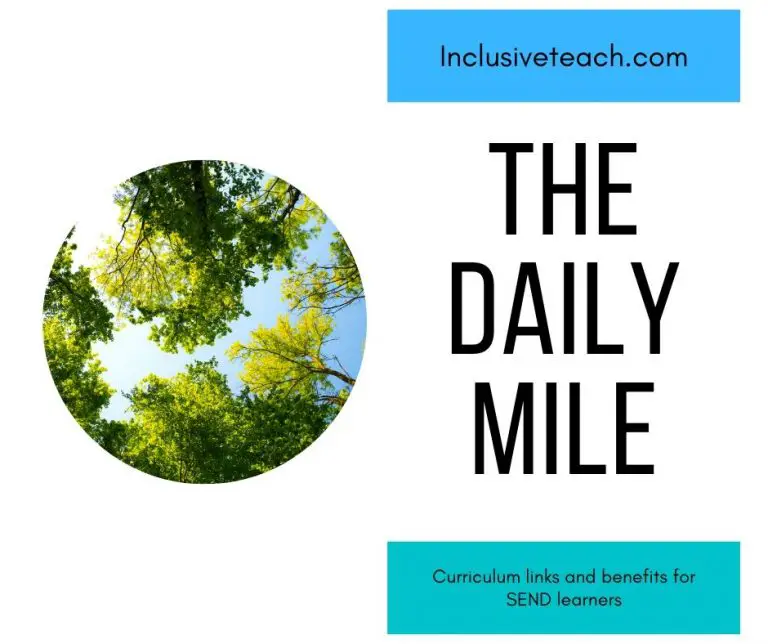How to Answer the Teacher Interview Question: What is your Greatest Weakness?
What is Your Greatest Weakness Interview Tips & Example Answers
The interview question “What is your greatest weakness?” will come up in some form during your teacher interview. It may be phrased as “Identify an opportunity for development”, or “Which aspect of your teaching practice do you need to develop further?”. There will be a question along these lines so please do prepare an answer, it shouldn’t be a surprise. Unless your biggest weakness as a teacher is not being prepared!
One of the most effective things you can do is to answer this interview question with a real example of feedback you have received. Depending on the teaching role you are going for pick an appropriate feedback channel. For example, if you are going for a class teacher role use a target or area for development from lesson observation feedback.
When sharing weaknesses in a job interview, it’s crucial to frame them as areas for growth in your skills, these are not flaws in your value or self-worth. For example, identifying a weakness in public speaking is about acknowledging room for improvement in an important teaching skill. It does not mean you are incompetent or unworthy as a teacher. In fact, by thoughtfully reflecting on a skills-based weakness and showing how you take steps to address it, you demonstrate important qualities like self-awareness, commitment to growth, and humility.
School leaders want to hire candidates hungry to keep developing their teaching practice. You do not need to be the perfect teacher yet. Demonstrating that you recognise specific skill deficits and have a plan to strengthen them shows impressive maturity and initiative. Focus on observable, changeable behaviours – not nebulous traits like “being disorganised.” Frame weaknesses positively as opportunities to expand your talents. You are a work in progress with so much promise. Believe in your inherent worth.
Areas to Cover in Your Answer to “What is Your Greatest Weakness?”
Here is a list of potential weaknesses to get you thinking about what you may talk about at a teacher interview. The first stage, indeed the crucial stage, is to accurately identify your “opportunities to develop”. There are a number of ways to do this.
- Time management – Reason: I sometimes have difficulty balancing lesson planning, assessment, and meetings. I end up feeling rushed and overwhelmed. I’m actively working on better planning out my week and managing my time including shared planning.
- Classroom technology – Reason: While I try to incorporate technology into my lessons, I don’t feel fully comfortable with all the latest educational software and apps. I’m taking a professional development course this summer to expand my technology skills.
- Public speaking – Reason: Although I’m comfortable with students, I sometimes get nervous speaking to large groups of adults like parents or staff. I’m working on techniques to manage my anxiety and become a more confident public speaker so I can be more effective at delivering whole-school training.
- Delegation – Reason: I often take on too many tasks myself rather than delegating them. I want to improve at utilising support staff more effectively.
- Knowledge of Effective Inclusion – Reason: I want to strengthen my skills in recognising learning disabilities early and finding ways to include every child in my lessons. I am working with colleagues in special schools and undertaking SEN specific training.
- Classroom decor – Reason: While I focus heavily on curriculum, I want my classroom to be more inclusive and purposeful. I think so many young teachers focus on creating classrooms for Instagram over education. I’m researching and experimenting with classroom design ideas to inspire students, including using anchor charts.
Example Answers to the Greatest Weakness Teacher Interview Question.
Being too Self-Critical of my Pedagogical Skills.
My greatest weakness as a teacher is my tendency to be too critical of myself. I often feel like I could have done more or better, even when my students have done well. This can lead to burnout and stress so I want to more positive in my reflections. To improve my self-criticism, I am practising keeping a growth mindset and self-compassion. I am also reminding myself of my strengths and accomplishments. I am confident that with more practice, I will be able to be more accepting of myself and my imperfections.
Lack of EAL Teaching Experience
My greatest weakness as a teacher is my lack of experience with teaching English as a second language learners. I am still learning how to effectively modify my instruction to meet the needs of EAL students. To improve my teaching skills for ALL students, I am taking a course on EAL instruction online. I am also observing and collaborating with other teachers who have experience teaching EAL students. I am confident that with more experience and by implementing what I learn in my training, I will be able to effectively teach all of my students, regardless of their English language proficiency.
Moving from Differentiation to Adaptive Teaching
My greatest weakness as a teacher is my lack of experience with adaptive teaching. I am still learning how to effectively plan and implement lessons that meet the needs of all of my students. To improve my adaptive teaching skills, I am reading books and articles on the topic. I am also attending workshops and collaborating with other teachers. I am confident that with more experience and practice, I will be able to effectively implement adaptive planning and instruction for all of my students.
Weaknesses to Avoid Discussing at Interview
There are plenty of tasks, responsibilities and nuances involved in teaching to draw answers from. I would avoid any that link specifically to the key areas of effective teachers according to the UK’s Teachers’ Standards, you should be confident and consider using these in the Greatest Strengths Question:
- Strong subject knowledge – Teachers must have expert knowledge of the subjects they teach to inspire confidence and interest in their students.
- Lesson planning skills – Teachers need to plan well-structured lessons that engage students and meet learning objectives. This includes differentiating lessons to accommodate all learners.
- Classroom management – Teachers should foster positive behavior through consistent routines, clear expectations, and effective responses to disruptive behaviour.
- Assessment expertise – Teachers need to regularly assess students’ progress and provide constructive feedback to maximise learning. They use data to identify student needs.
- Adaptability – Teachers need to adjust their teaching style and lessons to account for the strengths and needs of different learners and situations.
- Communication skills – Teachers should communicate instructions, feedback, and subject matter clearly while listening effectively to students.
- Collaboration – Teachers work constructively with colleagues, parents, support staff, and the community to enhance student learning.
- Enthusiasm – Passionate, patient, and enthusiastic teaching engages students in learning. Teachers inspire and motivate through their joy for their subject.
- Reflectiveness – Great teachers continuously reflect on the effectiveness of their lessons and teaching strategies, as well as their professional conduct. They strive to improve.
- Commitment to learning – Lifelong professional development and learning new skills are hallmarks of excellent teachers. They stay up-to-date on advances in pedagogy and content.
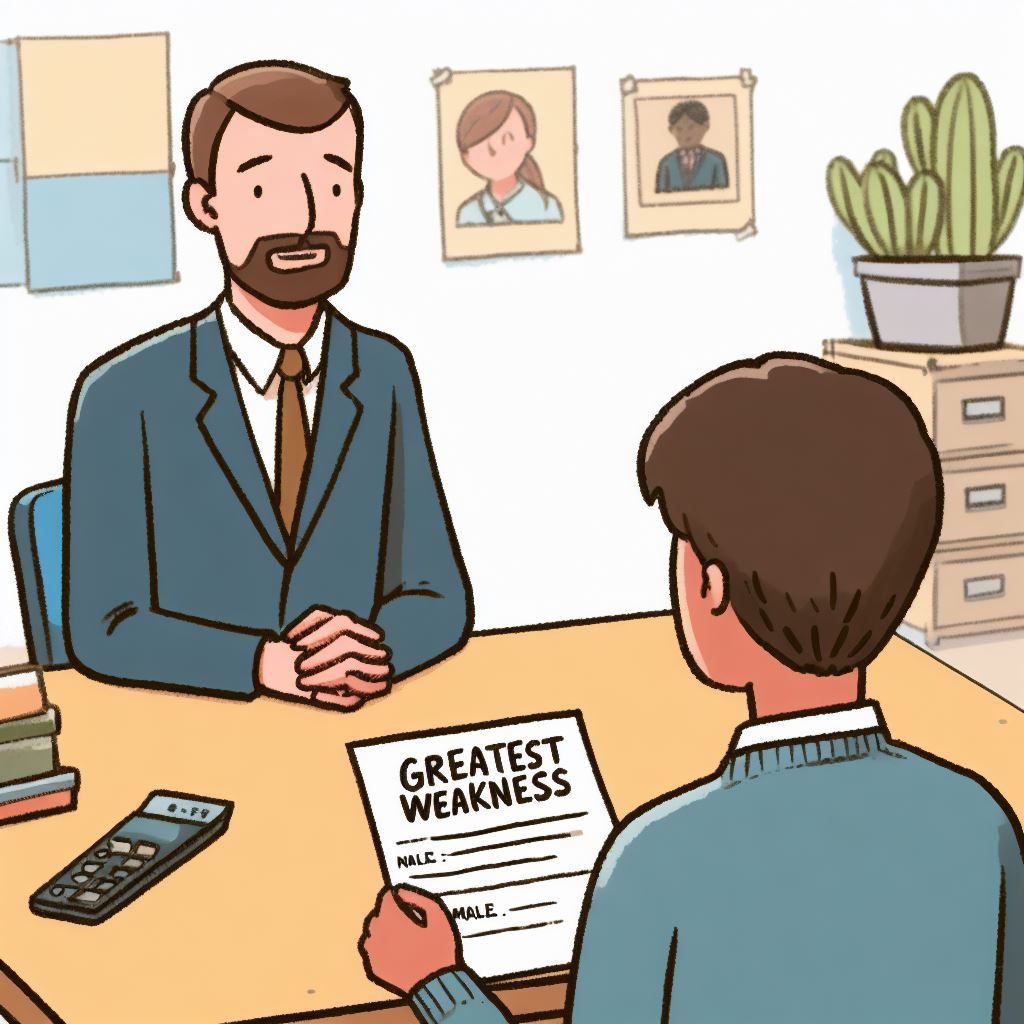
Your Biggest Weakness as a Teacher: Summary
Remember, the interviewer is asking the “What is your greatest weakness as a teacher?” question to get to know you better and to assess your self-awareness and growth potential. By answering the question honestly and thoughtfully, you can make a positive impression on the interviewer and increase your chances of getting the teaching job.
- Be honest and specific. Don’t try to sugarcoat your weakness or say that you don’t have any. The interviewer knows that every teacher has weaknesses, and they appreciate honesty.
- Focus on the steps you are taking to improve. This shows the interviewer that you are self-aware and proactive.
- Practice your answer beforehand. This will help you to deliver it confidently and smoothly.
- Don’t dwell on your weakness. Once you have answered the question, move on to other topics.
- Use humour sparingly. A little bit of humour can be a good way to show your personality, but don’t overdo it.
